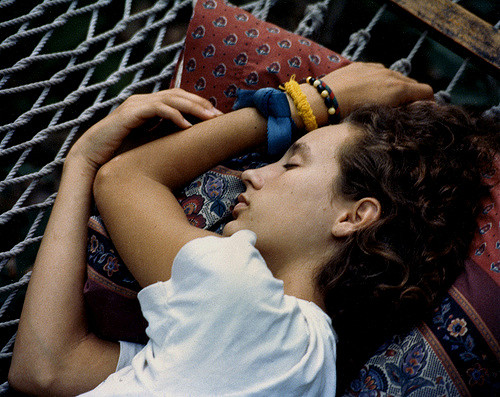
World Sleep Day raises awareness for sleeping disorders and concerns.
Haley Falco
If you have sleep concerns and are struggling to stay asleep all night, you’re not alone. In fact, 45 per cent of the world population has sleep problems.
Today is World Sleep Day and the focus is “Good Sleep is a Reachable Dream.” It’s a day to educate the public about sleep and bring forward important sleep concerns.
Heather Fitzgerald, registered sleep technician and lab manager, has worked at the Kitchener Sleep Centre for 17 years.
Fitzgerald says the majority of patients that come in have sleep apnea.
“It ranges from mild to severe sleep apnea. Depending on the severity, there’s a variety of treatments.”
Sleep apnea is a sleep disorder in which breathing repeatedly starts and stops. Another is insomnia, a sleep disorder that causes people to have difficulty falling asleep and staying asleep.
“A Continuous Positive Airway Pressure device (CPAP), surgical management, weight management, lifestyle changes like going to bed at the right time, getting up at the right time, exercise and diet are tips for better sleep,” Fitzgerald said.
Ken Blythe, a 60-year-old fire alarm technician began using a CPAP four years ago when he was feeling tired more often.
Blythe’s doctor sent him away for tests, and this is where he discovered his sleep apnea.
“During the night, you actually stop breathing and after a minute or so, you’ll go to take a breath and it almost wakes you up. You’re not getting a proper sleep. You keep waking up because of your breathing problems,” Blythe told Humber News on Friday.
A CPAP forces air into the body and it keeps the airways open so you breathe properly all night, said Blythe.
According to Mental Health Canada, sleep is necessary for survival and every person needs a different amount of sleep depending on age, lifestyle and several other factors.
Blythe gets about eight hours of sleep each night thanks to his CPAP. If he doesn’t use it one night, he feels extra sleepy the next day.
Having sleep concerns, Blythe now knows the signs of sleep disorders and advises others to get their sleeping patterns monitored.
“Lot’s of people snore without the sleep apnea machine and that’s a sign to get checked in case it is sleep apnea. Your airways aren’t open so you aren’t breathing properly.”
The first World Sleep Day was held eight years ago and has continued to evolve.
This national holiday is held on the Friday before Spring Vernal Equinox every year.


